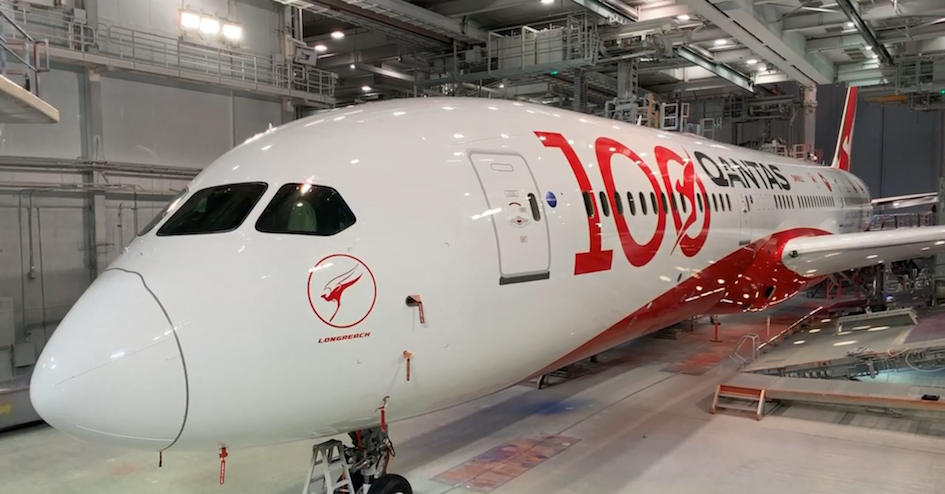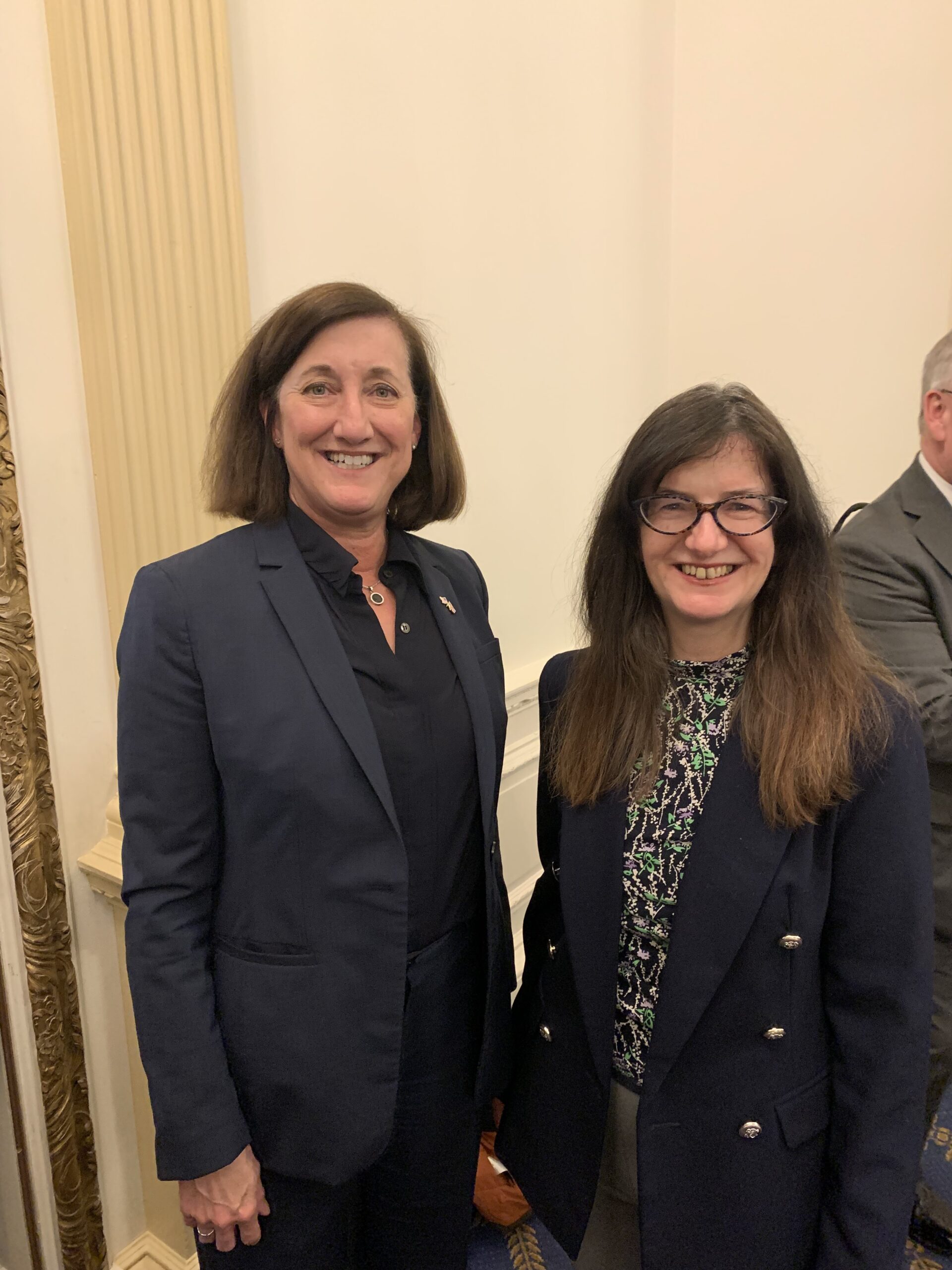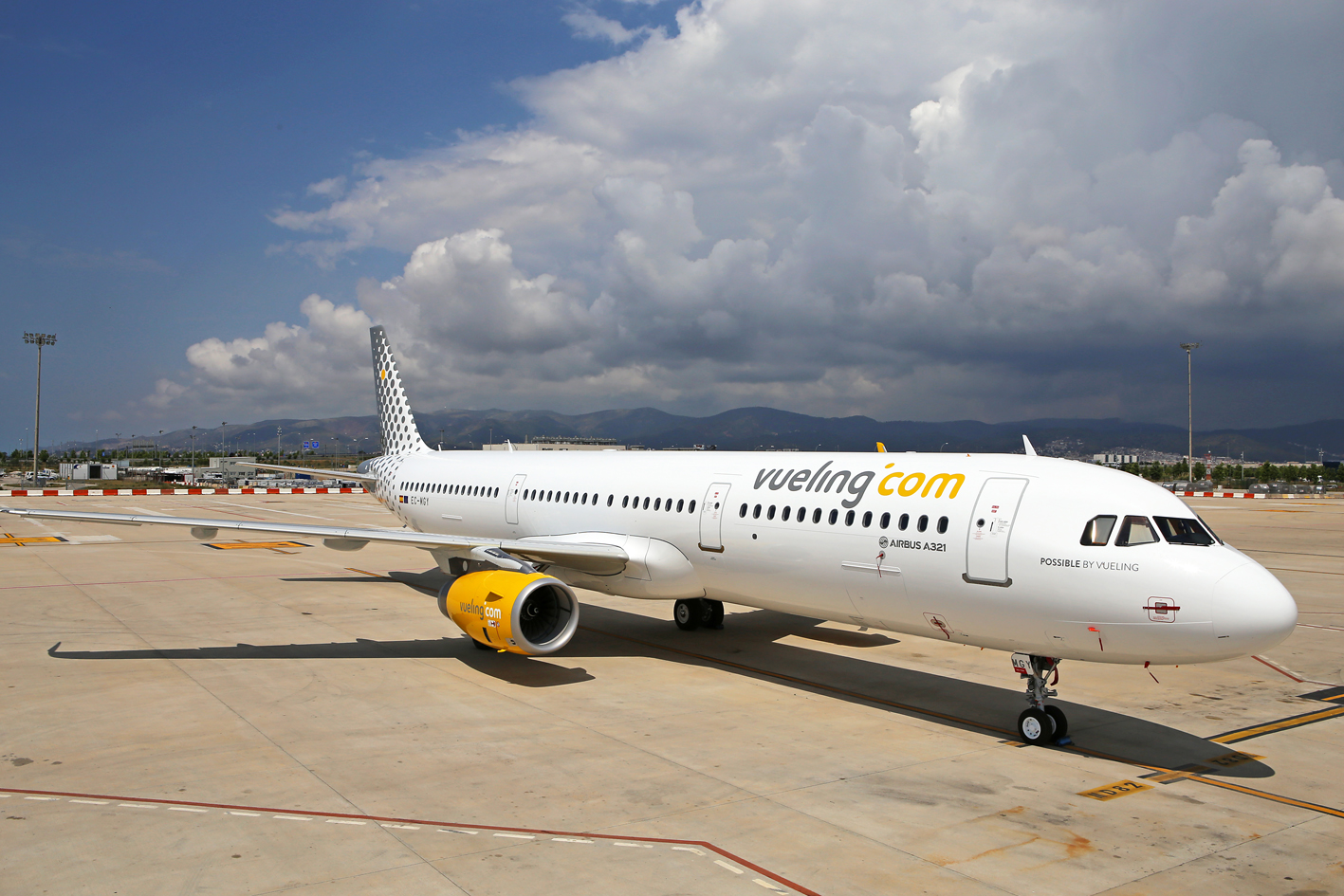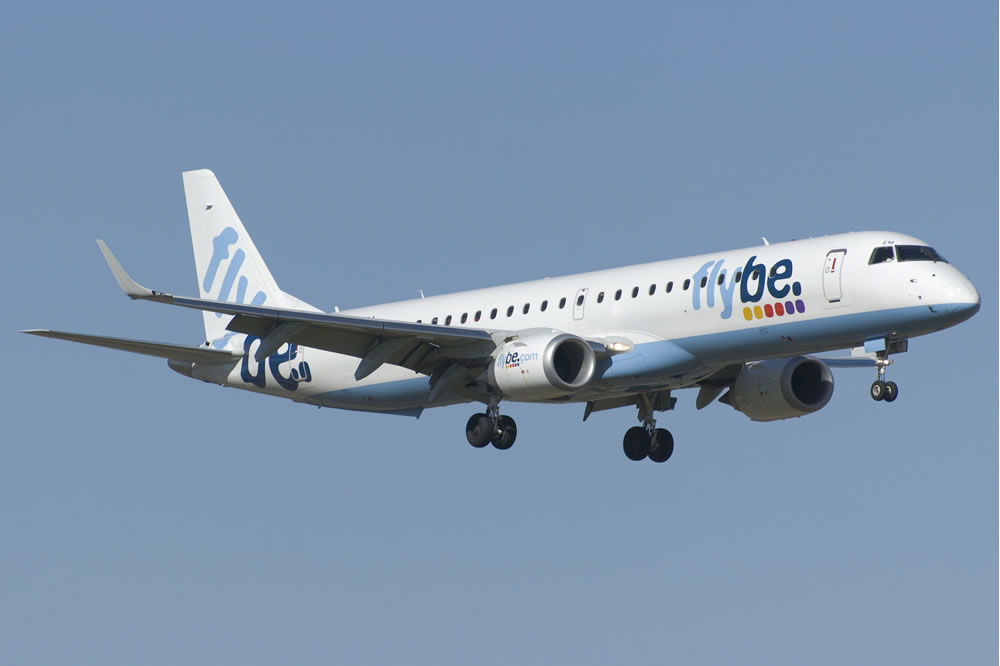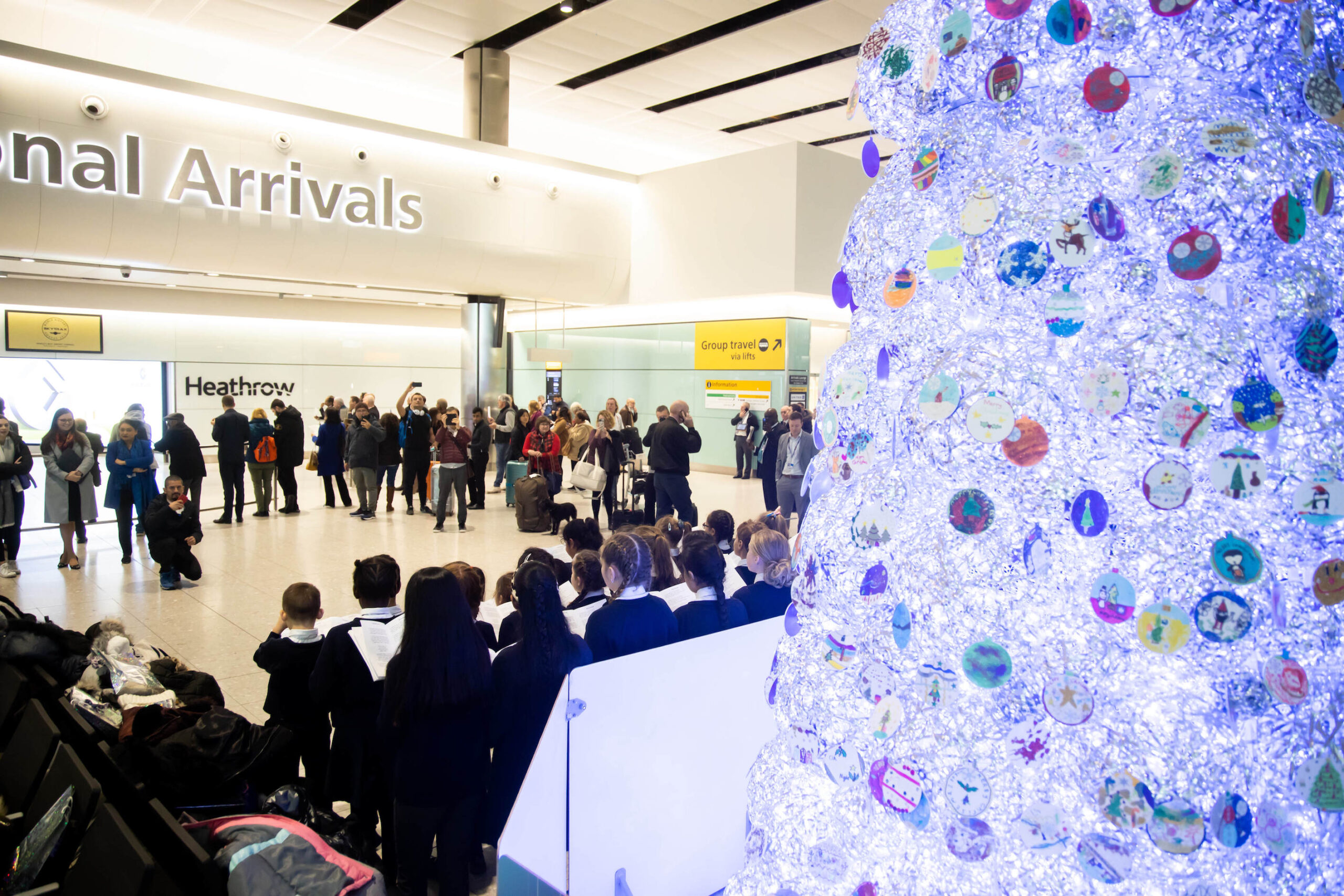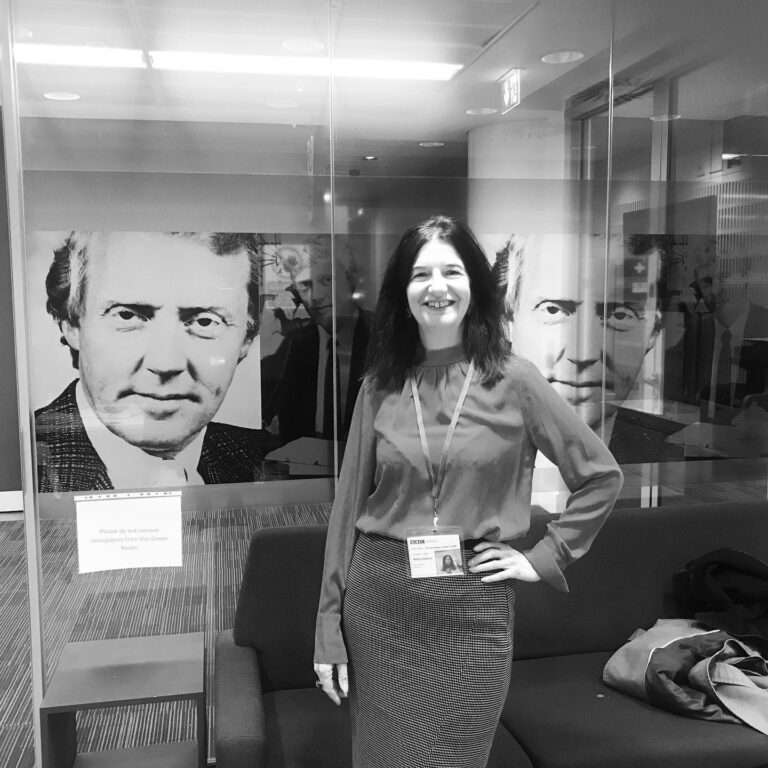Qantas caused a stir last week when its CEO Alan Joyce claimed that all Qantas international passenger flights from next year would be COVID vaccinated ones. In plain terms he meant that passengers would have to show proof of vaccination before boarding an international flight.
When he said this, in an interview with an Australian broadcaster, he was flying in the face of the prevailing winds. It did not align with the messaging espoused by airline industry association International Air Transport Association (IATA).
And the timing couldn’t have been worse, because IATA was holding its AGM/Global Media Days at the time. Joyce’s claim coincided with the day when IATA was setting out its stall to the global media.
In short, IATA’s messaging was very specific – do not wait for a vaccine in order to restart travel; testing must replace quarantine measures. This messaging targetted quarantines which are strangling international air travel around the world.
Joyce’s claim that he had spoken to other airlines who agreed with his idea – that proof of a vaccine by passengers was necessary to restart international travel – was equally contentious.
“We will ask people to have a vaccination before they can get on the aircraft… for international visitors coming out and people leaving the country we think that’s a necessity,” he told the broadcaster.
Strangely he did not address the inbound travel market.
Regardless, his claim of mandatory vaccinated flights for outbound passengers jarred with IATA’s policy. IATA, don’t forget represents 290 airlines around the world including Qantas. The association was confronted with this awkward difference in messaging with one of its members, last week. IATA’s response was pragmatic, looking for commonality whilst reasserting its message and the current reality:
Firstly, that it would be a considerable time before a vaccine would be available for the general population. And secondly that so-called COVID-free flights were already entering the skies, through new testing regimes, whereby passengers are antigen tested pre-departure as a condition for boarding. And that concept could move or adapt to vaccinated flights. But, the caveat is, ‘that can only happen when the vaccine’s widely available’.
The challenge for IATA and indeed travel as a whole, is the disparate patchwork of testing and quarantine regimes around the world, which have the industry in a tailspin.
The European Union for example has failed to act as a cohesive entity on the principles of border restrictions/quarantines/testing for travel. Indeed when the pandemic broke out, it was every European member state for itself – rushing into panic mode shutting borders, stranding overseas nationals and adopting isolationist national policies.
Such a response and continued fragmentation within Europe on the matter, is too vast and opaque for even a global airline industry association as IATA to mend. The rest of the world is also fragmented. It is only large contiguous land masses representing single nation states that uniformity stands a chance. But even then, with localised controls, this is not a given. Consequently IATA is having to resort to laborious and ingenious discussions, negotiations and solutions with disenfranchised governments in all corners of the world, not just Europe, in order to bring about a recovery in air travel. There is urgency to this complex endeavour for without it, the industry is shattered. And without air connectivity, economies start to decline.
The airline industry is in desperate financial straits. A net loss of USD118.5 billion is expected for 2020 (deeper than the $84.3 billion forecast in June). And for 2021 it is forecast to lose a further $38.7 billion (deeper than the $15.8 billion forecast in June)*.
And IATA has made no secret of the new dawn of a shrunken consolidated airline industry compared to pre-COVID. Already around 30 airlines have failed since COVID19 hit.
Qantas itself is suffering – in its full year results for 2020 it reported a pre-tax loss of AUD2.7 billion (USD1.99bn) with an AUD4 billion revenue impact from COVID crisis in the second half of 2020.
Prior to his vaccinated flight announcement, Joyce had been condemning and disparaging the patchwork of testing/quarantine measures in Australia’s states. In an interview with Aviation Week Network’s Adrian Schofield, he called it ‘a crazy situation’ in Australia where different states had different approaches. He said ‘there is no medical reason why these (state) borders should be closed’ even going so far as to they say their closures were ‘for political reasons’. He pointed to the damage this was doing to people, to relatives wanting to attend funerals, and to jobs, indeed the ‘million jobs that depend on tourism’.
His tone was shrill and severe, and very definitely opposed to the oppressive hand of authority. And a tone that is at odds with the binary argument of vaccinated flights only for those travelling internationally.
Remarkably his claim to vaccinated flights in the future is based on the international market not the domestic.
Australia has made no secret of the plan to delay opening its international borders to longhaul destinations well into 2021. Whilst a travel bubble is in the pipeline with its neighbour New Zealand, the continents of North America (in particular the USA) and Europe are off limits to Australian travellers till the end of 2021.
But whether Joyce speaks as one voice with the rest of the airline industry as he claimed last week, is yet to be revealed.
*source: IATA
CLICK HERE for my interview with Michael Innes on BBC World Service, the Newshour programme, aired last week following Joyce’s comments.
